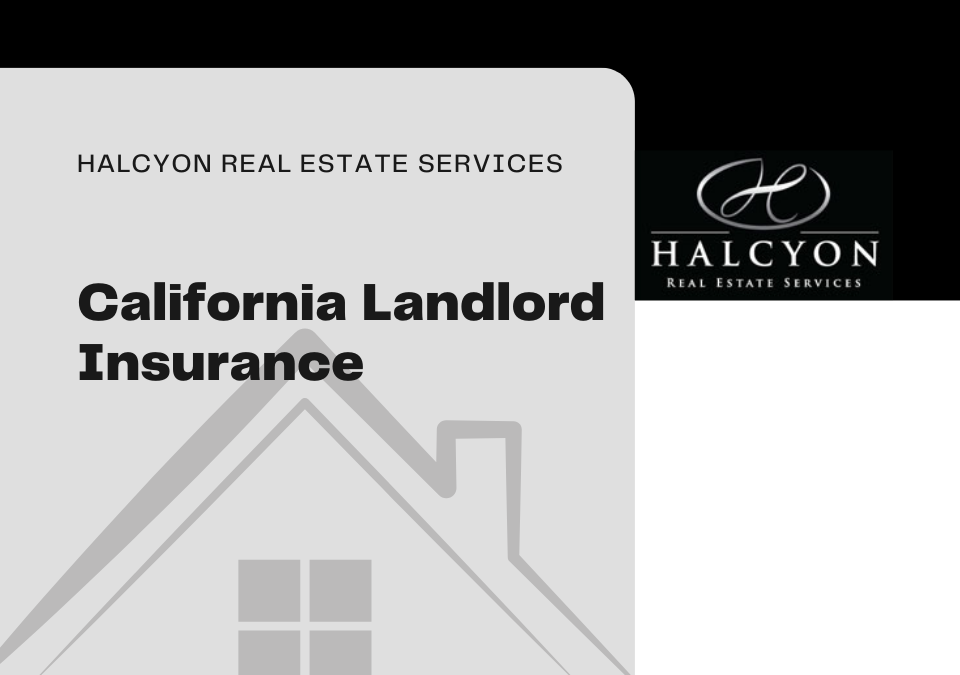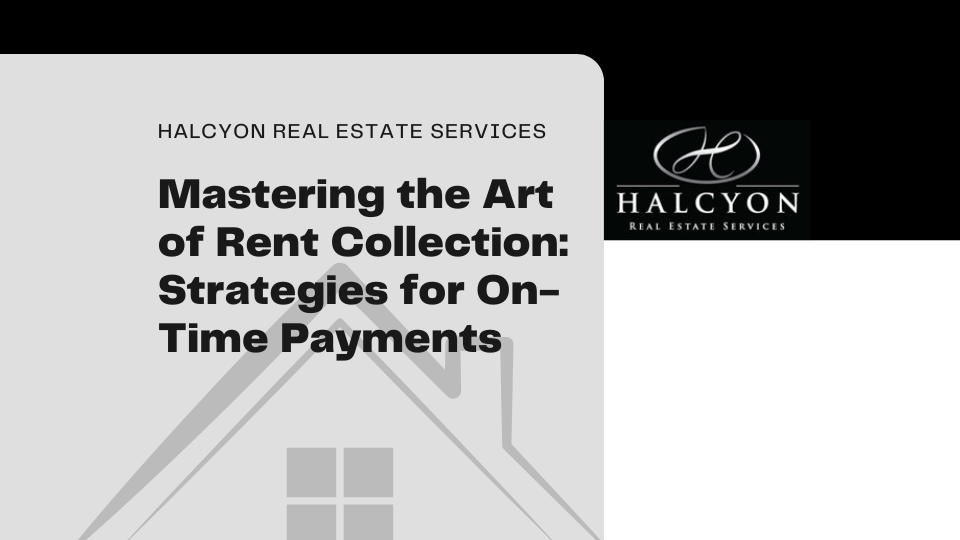How to Finance Investment Property

Are you a landlord looking to expand your portfolio, but wondering how to finance your next investment property? You’re not alone. Navigating the financial landscape of the rental market can be complex and intimidating. However, the good news is, there are multiple paths to securing that much-needed funding.
Whether you’ve owned rental properties before or are just starting out in the world of property investment, this article is designed to guide you through your options. We’ll explore various strategies to help you make the most informed decisions.
Let’s secure your financial future together!
Financing Options for Your Investment Property
When it comes to investing in property, securing the right type of financing is crucial for success. Here’s a look at four popular options that landlords can consider to fund their real estate ventures.
Conventional Bank Loans
A conventional bank loan is the most traditional way for landlords to finance their investment property. With a good credit score and a stable income, you can approach a bank to lend you money to buy or refinance a property.
The loan typically comes with a fixed or variable interest rate and repayment terms ranging from 15 to 30 years. Conventional loans usually require a down payment, often 20% of the property’s value.

While the paperwork and approval process can take time, the interest rates are generally lower compared to other financing options. This route offers a reliable and well-understood path for property investment but demands thorough financial scrutiny by the bank.
Hard Money Loans
Hard money loans are alternative financing options provided by private lenders, rather than traditional banks. These loans are typically short-term, ranging from six months to a few years, and are often used for buying and renovating investment properties.
The focus here is not on your creditworthiness but rather on the value of the property itself. Approval processes are faster, but interest rates are higher, often in the double digits. If you choose this option, make sure you are aware of common marketing mistakes to avoid so you can get your property rented quickly.
Hard money loans are useful if you’re looking to flip a property quickly or if you can’t qualify for a conventional loan. However, be prepared for high costs and strict repayment terms.
Private Money Loans
Private money loans are another non-traditional method of financing. Unlike hard money loans offered by professional lenders, private money usually comes from people you know—like friends or family members.

The loan terms are flexible and negotiated between you and the lender. This financing option is often quicker to secure and can be less stringent on qualifications like credit score or income.
However, mixing financial transactions with personal relationships can be tricky. Make sure to outline clear terms, put everything in writing, and ideally, involve a legal advisor to avoid misunderstandings later.
Tapping Home Equity
If you already own a home or another property, tapping into its equity can be a savvy way to finance an investment property. Home Equity Lines of Credit (HELOC) or Home Equity Loans allow you to borrow against the value of your existing property.
The advantage is that you can secure lower interest rates, akin to those of conventional loans. This method is useful for those who have significant equity built up in their homes and want to leverage it for investment.
However, remember that your primary property serves as the collateral, so failure to repay the loan can put your home at risk.
What Do You Need to Get a Loan for an Investment Property?
Different lenders come with different requirements before they provide you with a loan. If you’re borrowing from someone you know, like a friend or family member, you might just need a good relationship with them.

For hard money lenders, it’s often enough to show that you’re investing in a place where houses sell or rent quickly and that you have a solid plan to increase the property’s value through repairs. A good first step with this is being sure you have knowledge on writing a good property listing, to quickly make your money back.
If you’re going to a traditional bank or using the equity in your home, you’ll usually need to show that you earn enough money and have a good credit score.
Which is Better for Property Investment: Home Equity Loan or HELOC?
Home Equity Loans and HELOCs both let you borrow money using your home as collateral, but they work a bit differently. If you’re buying just one property and know exactly how much money you’ll need for buying and fixing it up, a home equity loan is a good option.
On the other hand, if you’re planning to buy and sell several properties quickly, a HELOC might be better. With a HELOC, you can take out money, pay it back, and take it out again multiple times, which is more flexible than getting a new home equity loan every time you need cash.
Additional Tips for Landlords
Navigating the world of property investment can be daunting, but knowing your financing options and optimizing your approach can make a big difference. Here are some additional tips to help you make smarter decisions:
Shop Around
Don’t settle for the first lender you come across. Compare interest rates, loan terms, and fees from multiple sources. Even a small difference in the interest rate can mean a lot of money saved over time.

Consider the Total Costs
It’s easy to focus on just the interest rate, but don’t forget other costs like origination fees, appraisal fees, or early repayment penalties. There are more costs to consider if you are going to be a long-distance landlord such as flights, and hiring local help to check on your rental. These can add up and affect the overall affordability of your loan.
Be Ready with Documents
Financing usually requires a lot of paperwork, from proof of income and credit reports to property appraisals and business plans. Having all your documents ready can speed up the application process.
Wrapping Up
So, there you have it—your roadmap to navigating the various avenues of investment property financing. Remember, every landlord’s journey is unique, but with the right information and a smart approach, you’re well on your way to becoming a successful property investor.
But, why do it alone? Consider taking some weight off your shoulders by hiring a property management company.
At Halcyon Real Estate Services we are pros at managing investment properties, ensuring you can focus on growing your portfolio while we handle the day-to-day hassles. Contact us today to find out how we can help!





